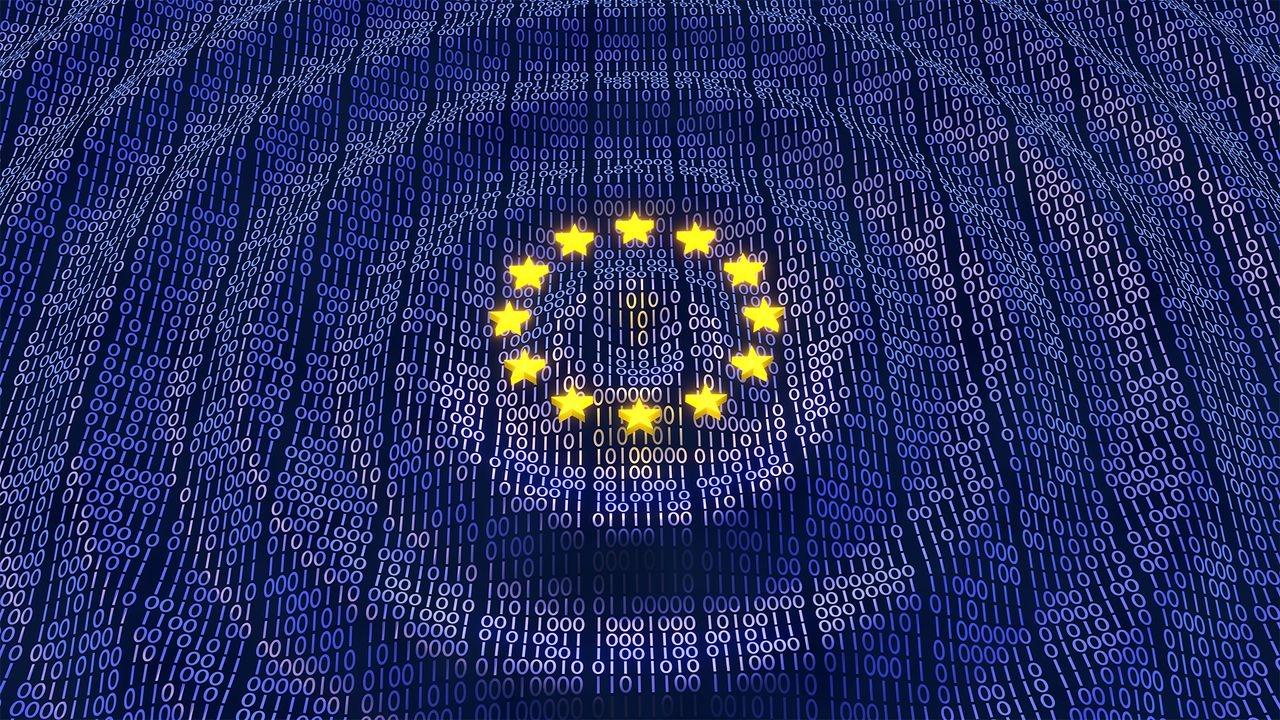The second critical enforcement deadline for the EU AI Act is rapidly approaching, poised to redefine how businesses, particularly providers of general-purpose AI models, operate within the European Union. This landmark legislation introduces a heightened degree of scrutiny on AI model safety and accountability, marking a significant evolution in global tech policy and digital safety standards.
This impending deadline represents the second major regulatory milestone this year, building upon initial requirements that addressed prohibited use cases. It crucially expands the scope of accountability by introducing comprehensive provisions specifically targeting general-purpose AI (GPAI) models. Companies developing or utilizing these AI models, whether directly purchased or embedded, will significantly feel the impact across their value chains and third-party practices, making EU AI Act compliance a paramount concern.
Central to these new rules is the GPAI Code of Practice, structured around three core pillars. A primary focus is enhanced transparency, mandating that AI model providers meticulously document and disclose their training processes and openly share vital information about their AI models with regulatory bodies. This step aims to foster greater understanding and oversight of complex AI systems.
Another key pillar emphasizes AI model safety and security, particularly assessing whether GPAI models pose risks to the public or enterprises. Under these stringent new rules, providers are required to proactively assess and thoroughly document potential harms, implementing appropriate measures to mitigate any identified risks. This robust approach to AI security is designed to create a more resilient digital environment.
Industry experts, like Dirk Schrader from Netwrix, welcome the Act’s security considerations, viewing them as instrumental in harmonizing AI-related security risks across the EU. He highlights the Act’s strength in promoting a “security-by-design” ethos, mandating a lifecycle approach that integrates security from inception. The legislation notably addresses protections against emerging AI threats such as data poisoning, model poisoning, and adversarial examples, reinforcing AI governance frameworks.
Beyond technical safeguards, the Code of Practice also addresses contentious issues like copyright, outlining rules that require signatories to ensure training data is sourced lawfully. While major tech giants like Google and OpenAI have agreed to the code, some, including Meta, have expressed reservations, arguing that certain measures extend beyond the AI Act’s original scope.
Despite the code’s voluntary nature, its influence on global AI risk management and AI governance practices cannot be overstated. Non-compliance with the broader EU AI Act itself carries significant repercussions, including substantial fines—up to 7% of a company’s global turnover. Therefore, paying close attention to this enforcement milestone is crucial for enterprises operating with AI technology or AI-generated insights within the EU market, irrespective of the voluntary code.
While not all enforcement authorities are fully operational, many are already active, signifying the EU’s commitment to robust AI regulation. This comprehensive framework represents the most realistic option for fostering trustworthy and responsible innovation globally, pushing the entire AI industry towards higher standards of digital safety and ethical deployment.






Leave a Reply